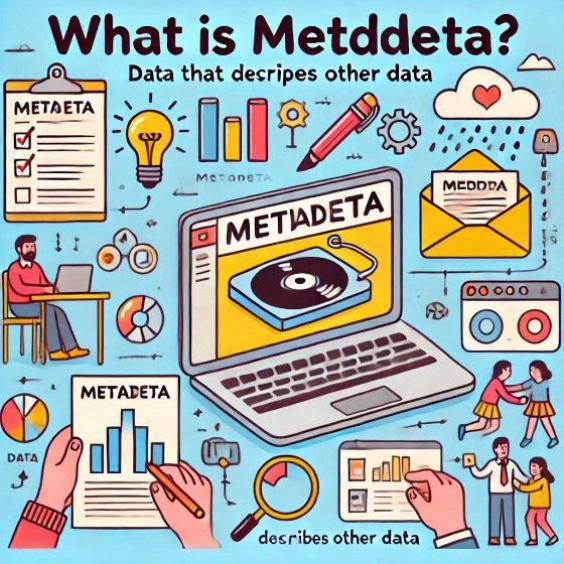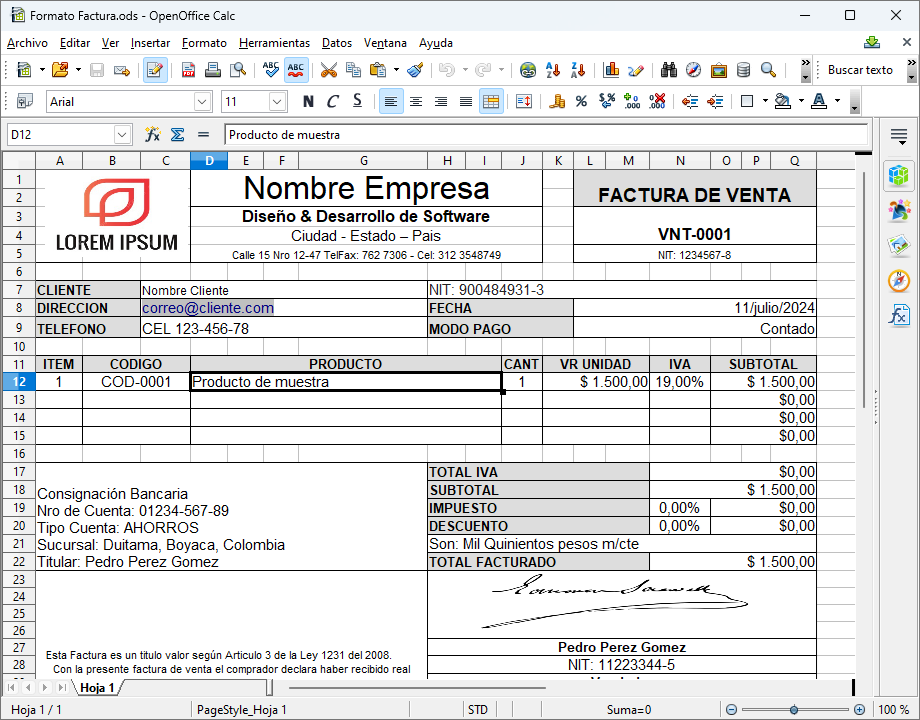What are Metadata
In the digital age, the amount of information that is generated and exchanged is overwhelming. From emails to social media posts, every online action leaves a trail of data that can be collected and analyzed. One of the key concepts in this context is that of metadata. In this article, we will explore what metadata is, who collects it, why they collect it, and whether its collection is ethical or a crime.

What is metadata?
Metadata is data that describes other data. In other words, it is information that is used to describe, classify, and organize data. For example, when you send an email, the content of the message is the main data, but there are also associated metadata, such as the date and time of sending, the sender and recipient, the subject of the message, etc. These metadata can be used to filter, search, and organize emails efficiently.
Examples of metadata
- Date and time of creation of a file
- Author of a document or image
- Geographical location of a photo
- Keywords associated with an article or publication
- Contact information of a user on a social network
Who collects metadata?
There are several entities that collect metadata, including:
- Technology companies: Google, Facebook, Amazon, and other technology companies collect metadata to improve the user experience, personalize content and ads, and analyze trends.
- Governments: Governments can collect metadata for national security purposes, research, and data analysis.
- Intelligence agencies: Intelligence agencies, such as the NSA in the United States, collect metadata to monitor and analyze suspicious activities.
Why do they collect metadata?
Metadata is collected for various purposes, including:
- Improving the user experience: Users can use metadata to personalize content and ads, and to improve navigation and online search.
- Data analysis: Metadata can be used to analyze trends and patterns in data, which can be useful for decision-making and strategic planning.
- National security: Metadata can be used to monitor and analyze suspicious activities, and to prevent cyber attacks and terrorist attacks.
Is it ethical or a crime to collect metadata?
Metadata collection is a controversial topic, and there are debates about whether it is ethical or not. Some argue that metadata collection is necessary to improve security and efficiency online, while others argue that it is a violation of privacy and individual freedom.
In some countries, metadata collection is regulated by laws and regulations, such as the General Data Protection Regulation in the European Union. In other countries, metadata collection is more free and not subject to strict regulations.
In summary, metadata collection is a complex topic that requires careful consideration of the benefits and risks. While metadata collection can be useful for improving security and efficiency online, it can also be a violation of privacy and individual freedom. It is important to carefully consider the benefits and risks of metadata collection, and establish regulations and laws to protect privacy and individual freedom.
Metadata is data that describes other data, and is collected by various entities to improve the user experience, analyze data, and prevent cyber attacks and terrorist attacks. However, metadata collection is a controversial topic, and there are debates about whether it is ethical or not. It is important to carefully consider the benefits and risks of metadata collection, and establish regulations and laws to protect privacy and individual freedom.





